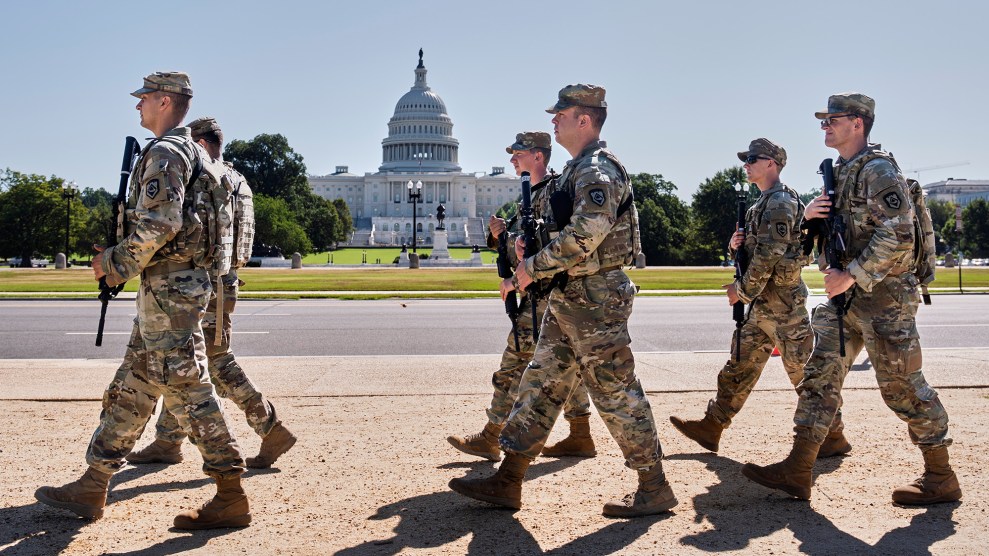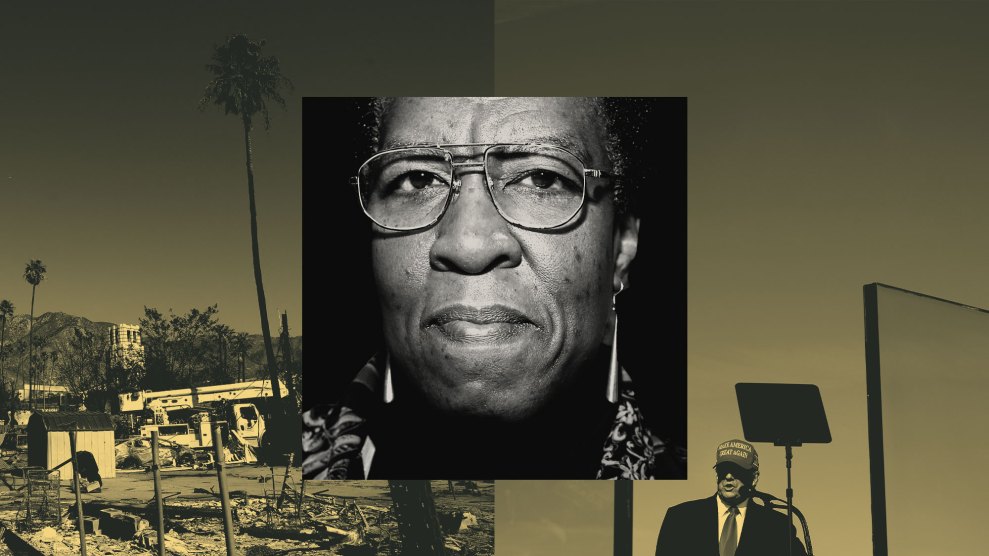Bill Kristol is the editor of a major magazine, a regular guest on weekend talk shows, a columnist for a major newsweekly, and generally considered to be one of the most influential conservatives in Washington. Because of all that, he’s invited to write op-eds for major newspapers where he writes crazy things like this:
What about limited military actions [in Burma], overt or covert, against the regime’s infrastructure — its military headquarters, its intelligence apparatus, its rulers’ lavish palaces? Couldn’t such actions have a deterrent effect, or might not they help open up fissures in the regime?
I’d like to make sure no one misses the hilarious neocon habit of suggesting regime change not based on local factors in the countries they would like to strike, but instead based on whenever they happen to start paying attention. The ruling junta in Burma has been in power for 19 years — they didn’t get nasty three weeks ago. If Kristol is going to advocate military action against Burma, doesn’t he have a responsibility to keep track of the situation in that country before and after it hits American newsstands?
But more than that, I’d like to echo something Kevin Drum points out: “Why is it that a guy who thinks U.S. military action is always the answer is any more credible than the peacenik who thinks it never is?” He’s completely right. Dennis Kucinich or Ron Paul* will never be regular panelists on major weekend talk shows. They aren’t getting a column in Time. But they are Bill Kristol’s functional equivalents.
While we’re on the topic, here’s why Kristol bugs me more than almost any other conservative or neocon. Most of that crowd doesn’t take seriously enough the repercussions of military action. They see a simple moral calculus: the few lives lost in the course of our military actions are worth the freedom and liberation we bring to hundreds of thousands of people. But there are innumerable repercussions in the region and around the globe that are never taken into account: the fact that a neighboring country that is even nastier may suddenly become empowered; the fact that the tumultuous period between the fall of one stable government and the erection of the next is a gift to terrorists and other evil-doers; the fact that WMD capability and intelligence is suddenly on the loose and possibly on the black market; the fact that we can get bogged down and then be less responsive to more dire threats; the fact that we can’t control who takes over after we leave.
Because of the Iraq War, many hawks in Washington have to come to appreciate these factors. But not Bill Kristol. He wants war in every international hot spot. Eventually, there would be nothing to distinguish our freedom-spreading efforts from World War III, the one where it’s everybody versus us.
* Someone put out the Ron Paul bat signal and I’m getting hit in the comments for misconstruing his stance on the use of the military. I probably should have just stuck with Kucinich; his philosophical opposition to the use of force is the best mirror to Kristol’s philosophical preference for it.
















